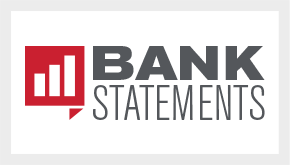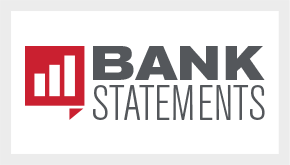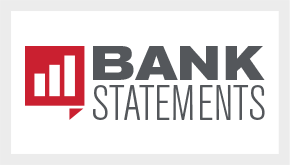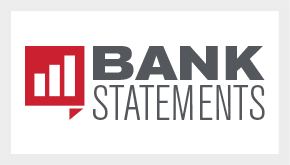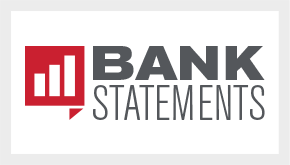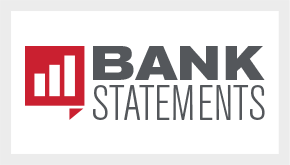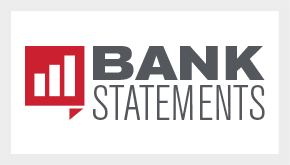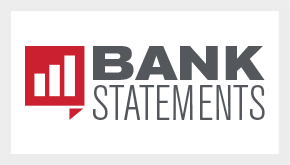Shadow Banking Risk: Regulators Target Uninsured Funds Stored in Nonbank Payment Apps
For many years, U.S. bank regulators and industry analysts have expressed concern about risks inherent in “shadow banking” and fintech companies that provide bank-like services but are not subject to bank-like regulatory standards and protections.
Some of those concerns may now be morphing into federal regulatory initiatives, particularly in the area of payment services provided by nonbanks:
- The Consumer Financial Protection Bureau (CFPB) recently announced it is working on a rule to oversee and examine payment services offered by “Big Tech” companies.
- In a related move, in June, the CFPB issued a Consumer Advisory raising risk concerns about nonbank payment apps holding billions of customer dollars, based on the fact that many of those apps do not hold customer funds in federally insured bank deposits, leaving unsuspecting customers with only a promise of payment – but no federal insurance to back that promise – if the payment app encounters a financial calamity.
- The Federal Deposit Insurance Corporation (FDIC) followed in July with an article stressing the same concern about uninsured funds held in nonbank payment apps and the importance of customers understanding the risks involved.
Customer Risk Regarding Uninsured Funds in Payment Apps. The risk targeted by the CFPB and FDIC could become problematic if a nonbank payment app company holding uninsured customer funds were to declare bankruptcy. In such a case, customers may believe that the payment app company is simply holding their funds as a custodian, so that each customer owns their funds stored in the app until the moment those funds are paid to someone else at the customer’s direction. However, that is often not the case, and – as the CFPB and FDIC point out – if a nonbank payment app company goes into bankruptcy without setting up such a custodial arrangement to secure “pass-through” deposit insurance for the customer funds stored in the app, customers may experience significant delay in accessing those funds, may have to file legal claims through the bankruptcy court to get access to those funds and run the risk of not recovering certain of those funds if the bankrupt payments company cannot pay its debts.
Recent Related Insolvencies. In the report issued with its June Consumer Advisory, the CFPB cited the recent bankruptcies of the Voyager and FTX, crypto asset platforms which “led to significant harms to platform consumers who lost hundreds of millions of dollars, in addition to their crypto assets” and found themselves as unsecured creditors in the bankruptcy proceedings, experiencing “significant delay” accessing their funds. Both the Voyager and FTX organizations held “money transmitter” licenses – the same type of license required for most payment app companies that receive and transfer funds. The recent CFPB and FDIC issuances cautioning about risk of uninsured payment app funds reflect a concern that these same nightmares could confront other nonbank payment app customers in the event of a bankruptcy of the payments company.
Regulatory Regime for Payments Companies. The CFPB report also provides a summary of the state licensing statutory standards that most payments companies are subject to as money transmitters or “money services businesses.” The CFPB notes that many of those laws require licensed payments companies to make safe investments, such as investments in government bonds, as a protection to offset their obligations to customers. However, the CFPB explains that banks (which operate under their own investment rules) are subject to far more in-depth examinations and regulatory oversight than payments companies. More importantly, banks offer federal deposit insurance protection for customer funds.
The focal point of the recent CFPB and FDIC issuances about the risks of uninsured funds held by payments companies is that many customer disclosures are not clear. Given the CFPB’s aggressive approach to rulemaking, a requirement for clearer customer disclosures regarding whether funds stored in payments platforms are protected by federal deposit insurance appears to be a likely next step. Such a step could promote a competitive distinction between payments companies with arrangements offering FDIC pass-through insurance protection and those that do not provide such protection.



